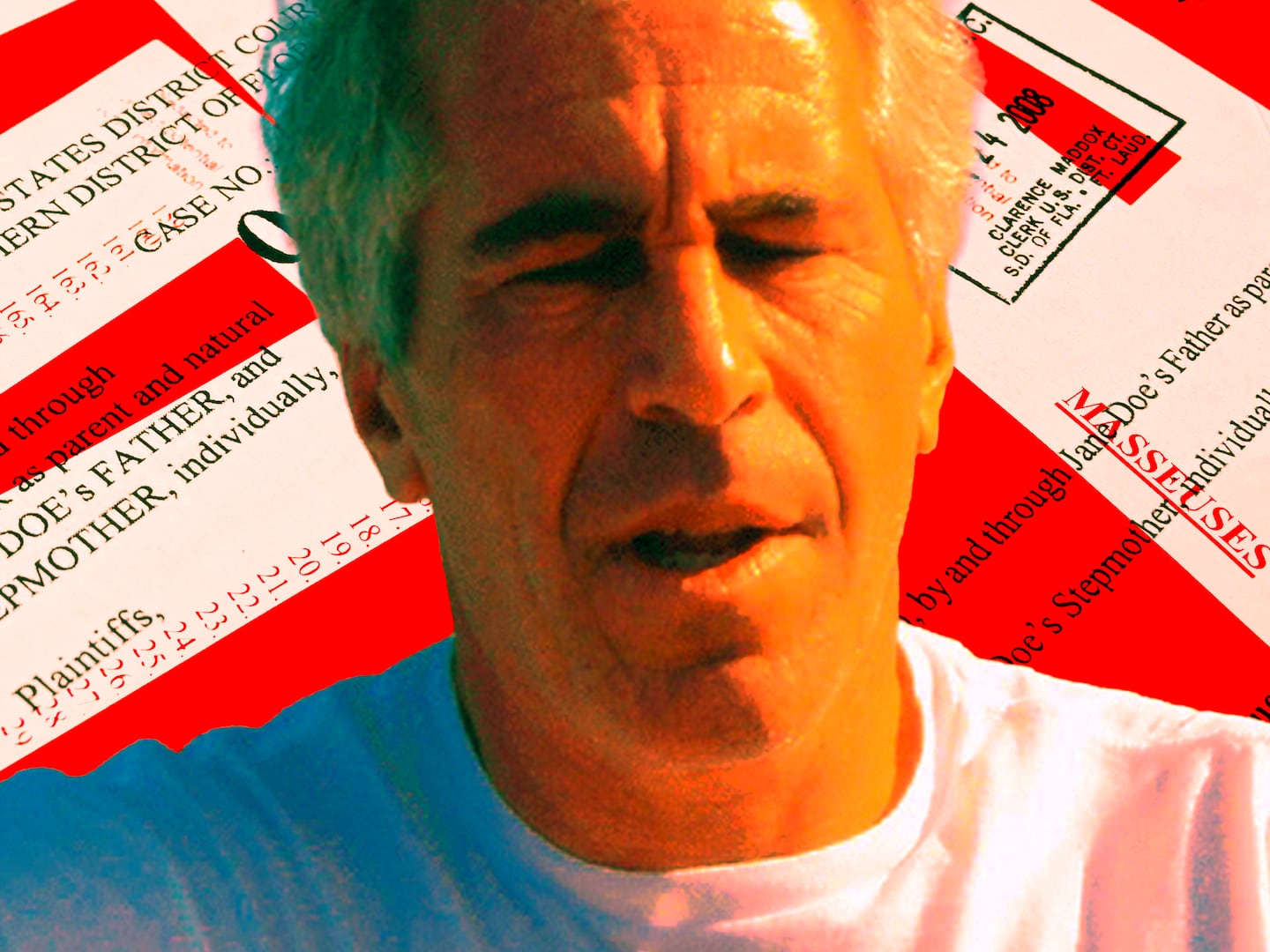
The Great Age of Memoir continues apace. Happy by Alex Lemon and The Ticking Is the Bomb by Nick Flynn arrive this month on a tide of acclaim. Both are by youngish men (Lemon is 31, Flynn 49), both explore masculinity and weakness, existential and physical. Both are heart-felt and affecting—Lemon’s book is especially good—and yet? They leave me with a familiar, gnawing discomfort.
Here it is: Memoir writing is cheating. I’ve always believed this, even before l’affaire Frey, before fact-checking purportedly true tales of lives lived became a contact sport. And, anyway, by cheating I don’t mean exaggerating the truth. Of course memoirs contain misrepresentations, even outright lies. Has anyone ever told a story about themselves without fibbing a little? (A good story, that is.) Lemon’s book is full of decade-old dialogue; the guy wasn’t toting a tape recorder in 1997. He’s making it up. Relying on his memory, and memory is a liar. (I’ve never, by the way, bought that story about why Truman Capote never took notes during interviews for In Cold Blood. Supposedly he had a photographic memory. I say Capote didn’t want to be tied to a transcript. He wanted to tell a story.)
Too often, memoir seems to me an excuse to be fragmentary, incomplete, narratively non-rigorous. Lemon and Flynn’s books are guilty of all three.
Nowadays avoiding a citizen’s arrest by the memoir police means doing your best to honor how things actually happened. Which, if you ask me, is sort of a shame. Lemon and Flynn have produced very nicely written memoirs that don’t shape the truth nearly enough.
Let me put that another way: Why aren’t these guys writing novels? They use a novelist’s tools: dialogue, scene, descriptive detail. Autobiographical fiction has a rich tradition ( The Bell Jar, Updike’s Maples Stories, Alice Munro’s The View from Castle Rock.) You can even guest-star in your own pages; writers from Philip Roth to Bret Easton Ellis have performed that postmodern stunt. The novel is ultra accommodating; any expression of the ego—from careful introspection to rank vanity—is welcome.

So, what’s with all the memoirs? Are they somehow… easier? Is the storytelling bar set lower? Too often, memoir seems to me an excuse to be fragmentary, incomplete, narratively non-rigorous. Lemon and Flynn’s books are guilty of all three.
Happy has a painful story to tell. During his freshman year at college, jockish Alex starts falling down, hearing strange sounds, seeing shapes and colors that aren’t there. He’s a first-string catcher, but baseballs are caroming off his mitt. Is it the pill-popping? The frat house drinking? “[It] feels like I’m filled with asphalt,” he writes, “it feels like my veins are filled with Icy Hot.” After a couple of weeks, he gets an MRI and the doctor delivers terrible news. He’s had a brain hemorrhage. He needs to lay off the drinking, the baseball, even sex. But Alex, nicknamed Happy, is everyone’s favorite party boy. So life goes on as before, except now Alex’s days and nights are full of weird hallucinations. It’s hard for the reader to know whether the muddled sensations (rendered in arrestingly impressionistic prose) are the result of his brain injury or simply too much booze. Lemon seems to be saying both: He was sick and self-destructive, in denial, full of rage at what was happening to him. His account of his second aneurysm and a round of invasive surgery is frightening and moving. And yet Happy feels incomplete—especially in its supporting cast. Alex’s mother is an artist, and she curses like a sailor. It’s clear she is important to Lemon and yet she’s an outline, out of focus in some critical way. Lemon implies there’s tension, as well as love, between them, but never digs in. And the college buddies and girlfriends that fill these pages are interchangeable sound-alikes, in the end just names: Julie, Macey, Kate, Yarrow, Laurel, Casey, Brad, Django, Lars, Keenan, Brown.
Do memoirists get a pass on character building? If Happy had been written as a novel, my guess is Lemon would have painted one or two of these friends in, and brought his mother into focus. Likewise, my hypothetical novel version of Nick Flynn’s new memoir The Ticking Is the Bomb is a penetrating, provocative story of impending fatherhood in our Age of Terror. I think Flynn has something important to say about that subject, but his book is so improvisational, so oblique and tentative in its storytelling, I was left unsure what exactly that something was.

Bomb follows Flynn’s 2005 acclaimed memoir about his relationship with an off-the-rails father, Another Bullshit Night in Suck City, so there may be a bit of second-memoir syndrome here. The most moving material in Bomb feels like a rehash: care-taking the father, painfully recalling his suicidal, addict mother. What’s new is a pair of related preoccupations: detainee abuse at Abu Ghraib and his unborn daughter. Are you prepared to accept an equivalency between Flynn’s fear of running out on his pregnant girlfriend and our capacity as a nation to conduct torture? Well, why not? The personal is political, after all, and vice versa.
But Flynn’s book is maddeningly free-form, pointillist, a childhood memory here, a Buddhist revelation there. We all have a darkness inside us; we’re all bewildered citizens of the world. I kept wanting Flynn to do more, to apply his imagination to these insights, to tell me a story. But Bomb is content to be a sketchbook, a collage of ideas and scenes—a memoir. One of Flynn’s recurring motifs is Proteus, to him a symbol for our deepest fears, but also, to me, a resonant figure for memoir itself: It’s ever-changing, neither fish nor fowl, neither fiction nor, reliably, nonfiction. Lemon and Flynn are accomplished writers and these are good books. But I can’t stop thinking how much better they could be.
Plus: Check out Book Beast, for more news on hot titles, authors and excerpts from the latest books.
Taylor Antrim is a critic for The Daily Beast and the author of the novel The Headmaster Ritual.






